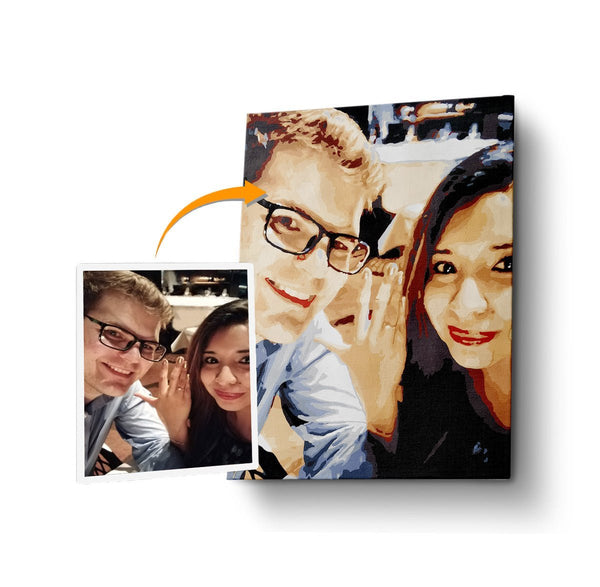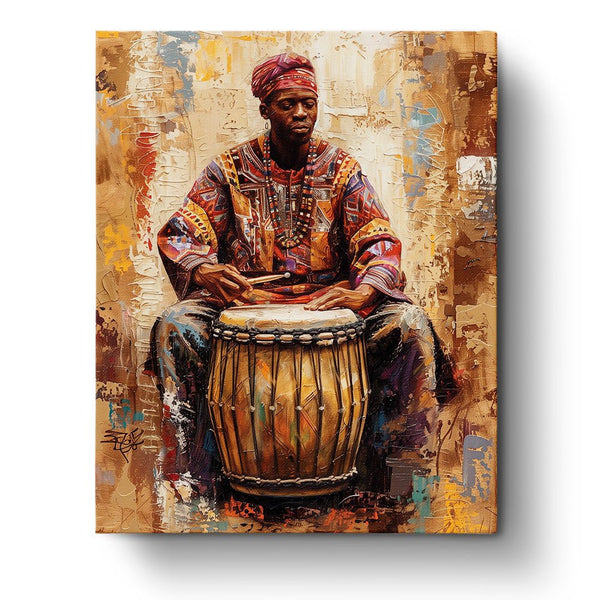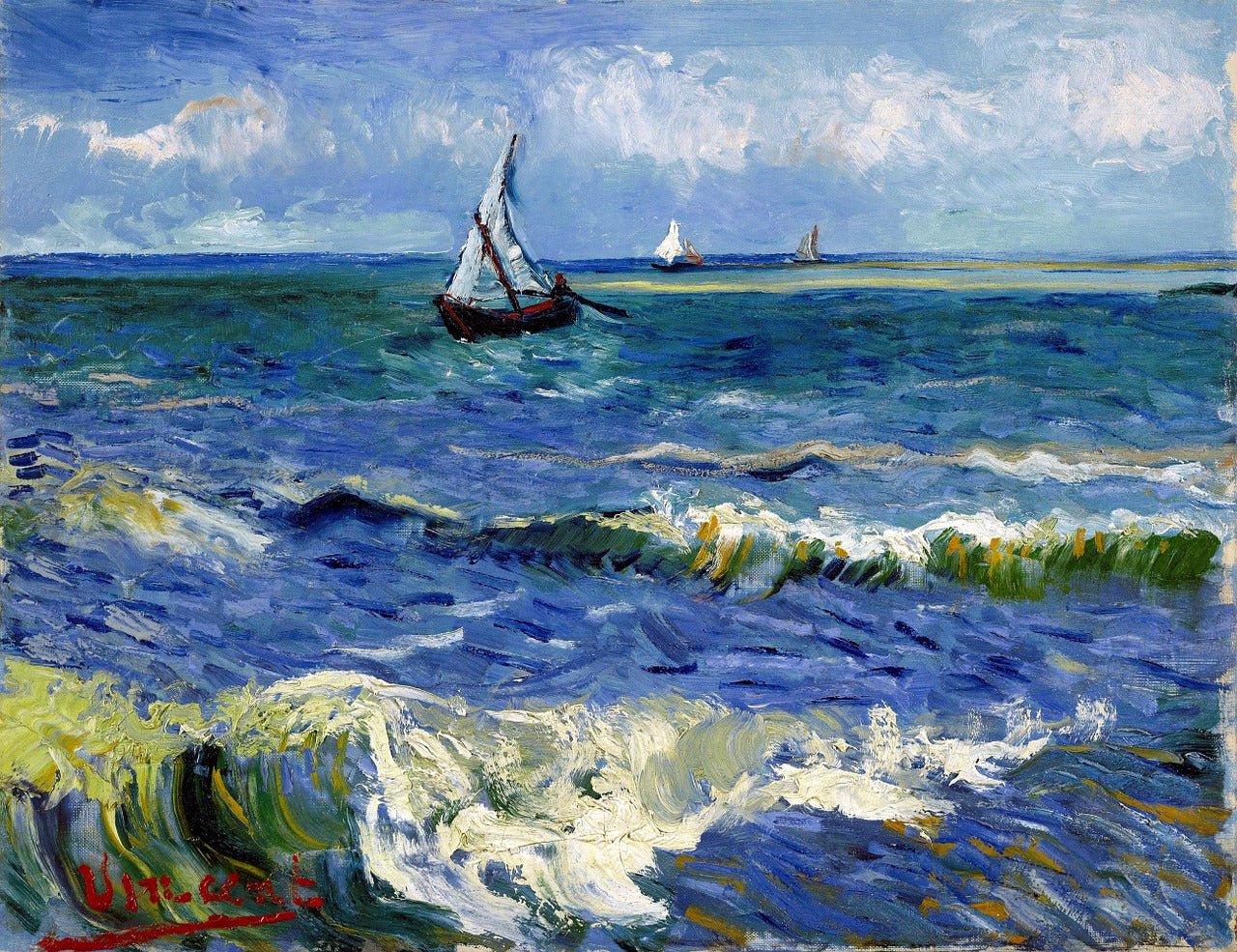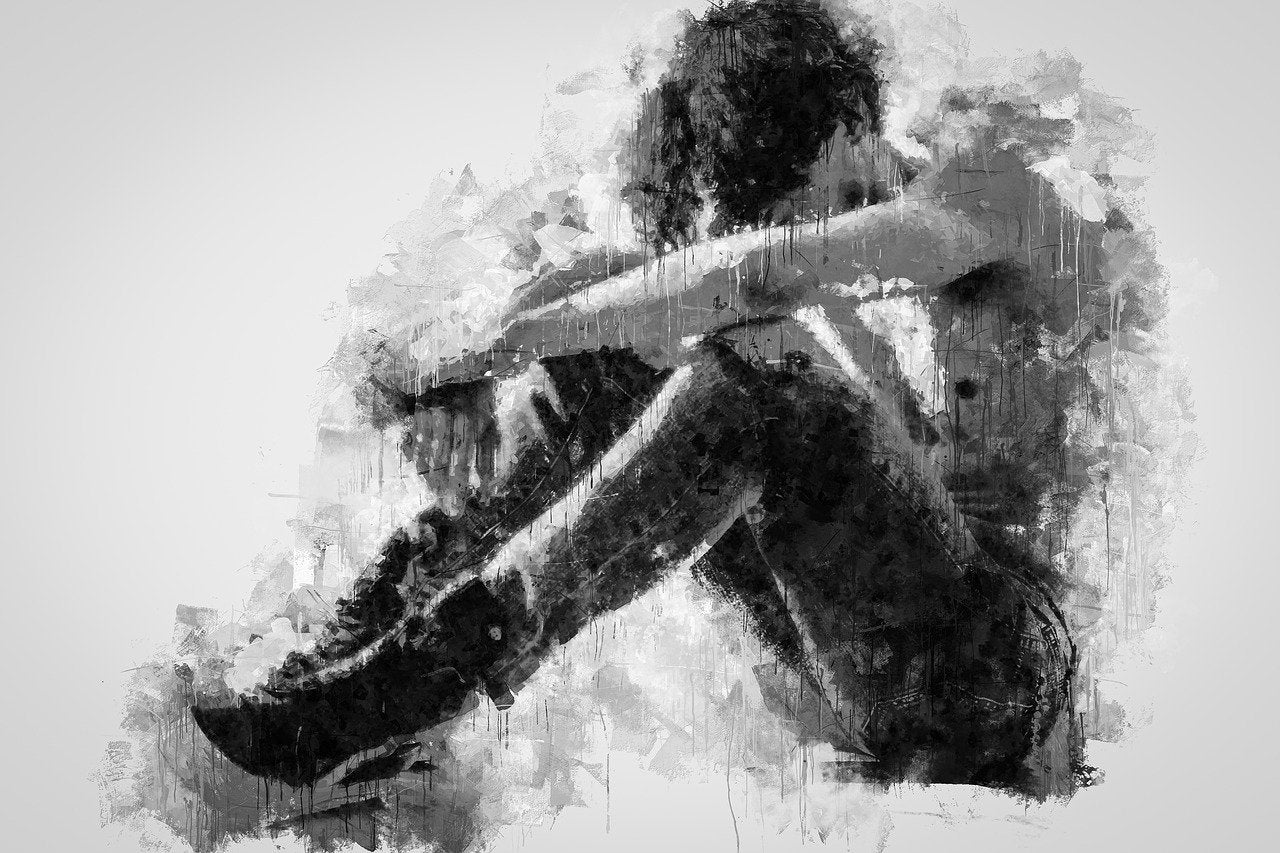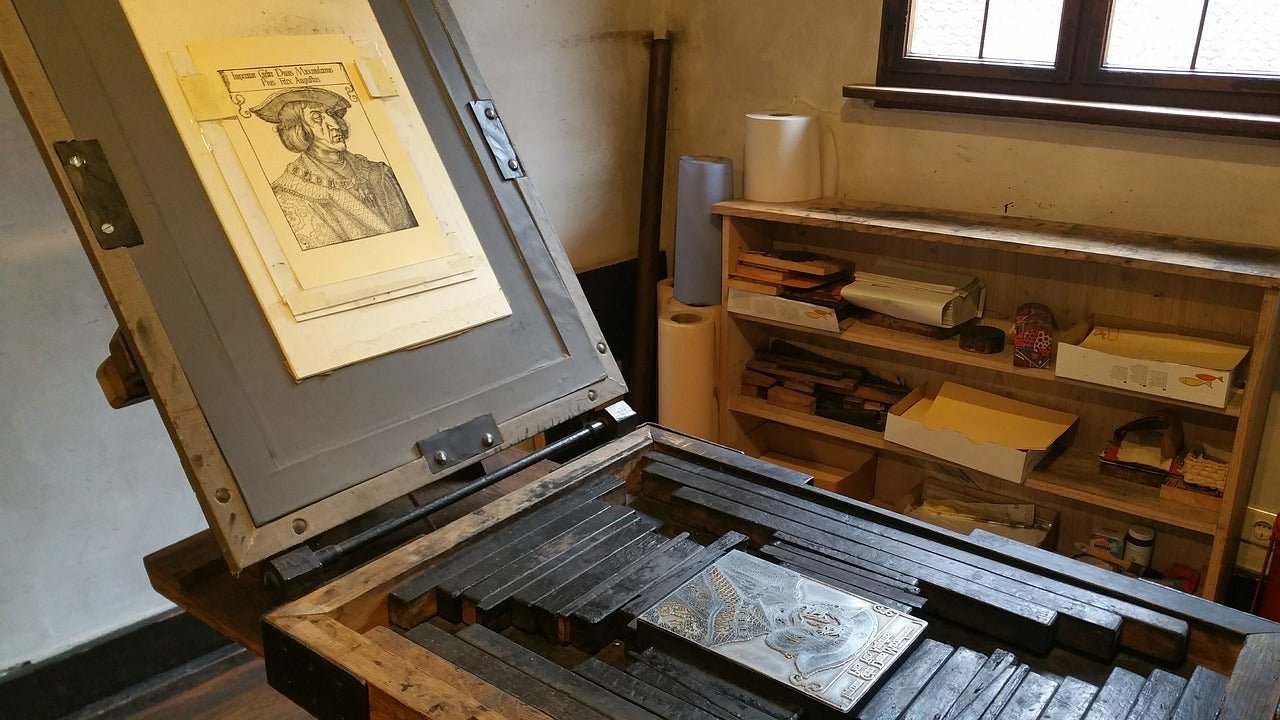
Art 101: History and Techniques of Printmaking
Before copy and pasting was a thing, people had to do it manually by taking an image from a template and then transferring it onto a different surface. We are lucky that technology has come far so it’s no longer difficult to do. In this article, we discuss the history and techniques of printmaking.

Technology for printmaking has developed a lot since it was first introduced. Now we can easily copy and paste our work without worrying about it getting messed up. However, printmaking back then was a lot more difficult, which is why we have it easier now.
Printmaking is also more than just taking an image from one surface to another, which is why we want to discuss the history and techniques of printmaking so that we can appreciate just how far technology has come in this aspect.
Without printmaking, we wouldn’t have had easy access to newsprint, and that form of media is useful in the mass dissemination of information, which remains relative to this day. While most media outlets have gone digital, it’s still important to honor our roots because, without this process, we wouldn’t have been able to get this far.
Aside from that, there are still some areas that rely on newsprint, mainly countries that aren’t as developed, which is why we shouldn’t write off printmaking because it’s still useful in society.
We hope this article helps people understand more about printmaking and its techniques. We know that history can be boring but we want to honor it.
What Is Printmaking?

Before we get into the history and techniques of printmaking, we want to talk about what printmaking is. This is a visual art form where you transfer an image or print from a template onto any surface. While the work rendered may not be original, it was a way for some artists to mass-produce their art.
It was also a way for artists to show the masses a sneak peek of their work when they would print out manifestos. Printmaking has been around for quite a while and it remains relevant for as long as people copy and paste images from one template to another.
We want people to appreciate printmaking because it has developed a lot since it was first discovered and we’re still enjoying its benefits.
History and Techniques of Printmaking

Now that we have covered what printmaking is, let’s talk about the history and techniques of printmaking. Printmaking was said to have started in the Han Dynasty when they would take a wooden block as the matrix and transfer the pattern to silk. However, paper printmaking started around the 7th century. In the beginning, printmaking patterns would be carved on a matrix, and they would add ink to press the pattern onto various surfaces.
Three techniques in printmaking should be noted:
-
Planographic: The first technique is called Planographic printing, otherwise known as surface printing. For this technique, the whole matrix is used and is done by drawing an image with a greasy crayon and then covering it with ink. The ink would stick to the greasy crayon and once it was placed on paper or linen, you would get a copy of the image drawn.
-
Relief Printing: This printmaking technique is vastly different from the first because it doesn’t use the whole matrix. The image used is carved into the matrix and the raised sections absorb the ink.
- Intaglio Printing: Last but not the least, we have Intaglio printmaking, which in English translates to engraving. For this technique, a metal plate is engraved with a burin to engrave the image, or the plate is coated in a waxy, acid-resistant chemical that grounds the image onto the plate. This technique is the opposite of relief printing.
Key Takeaways

Now that we have talked about the history and techniques of printmaking, we hope that it’s clear how far we have come since we introduced printmaking in art. Some people may not think that printmaking is an original art form, but it remains relevant in visual arts because this is how some artists have created their patterns and mass-produced copies for people to see.
Printmaking may not be as common now, but we believe that it’s worth learning about if you’re looking into the different forms of art. Let us know what you think in the comments section below.


